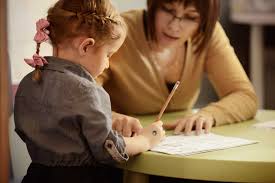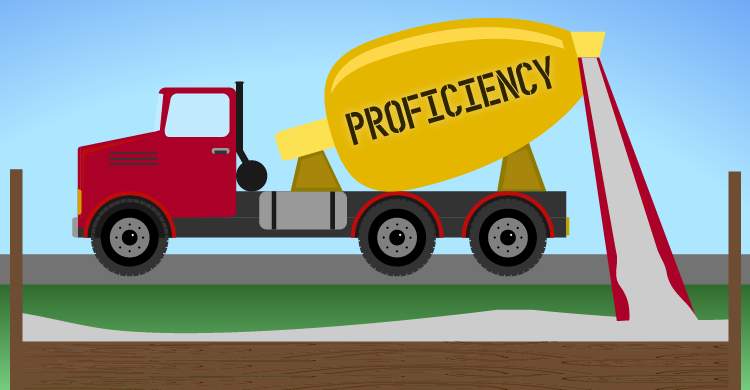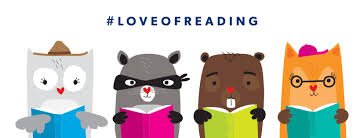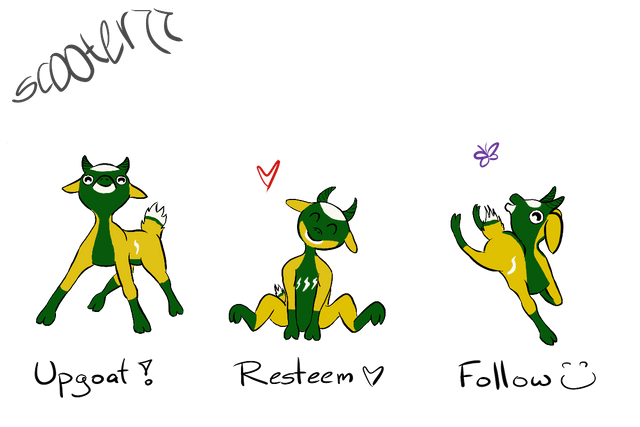Effective Teaching of Foundation Reading Skills - Introduction - Part 1
.jpeg)
Source
Foundation Reading Skills
Reading is the basis for all things education in the world we live today. Written language only originated around 5000 years ago. Before this, humans were only engaged in oral language and reading was not a necessary skill to possess. In todays world, reading is a core necessity to be an active member of society.
Learning to read is probably the most important part of any student's education and it starts before a child even starts school.
Simple View of Reading
To be a proficient reader, two aspects are required:
- Decoding: Ability to transform print into spoken language
- Language Comprehension: Ability to understand spoken language

Students who learn to read the alphabetic system and decode effortlessly are able to:
- focus mental energy on comprehending a text
- experience more joy of reading by being able to engage more with a text
- access a wider range of texts
- increase their vocabulary and knowledge

Research clearly shows that students have better prospects as readers if they develop understanding of reading before the end of year 2. Improvement of a students reading reduces over time if we do not catch students who are not reading at the appropriate level early.
The Critical Foundation Skills
These skills are the fundamental components required for a child to learn to read.
- Print Concepts: Understand the organisation and basic features of print
- Phonological Awareness: Demonstrate understanding of spoken words, syllables and sounds (phenomes)
- Phonics and Word Recognition: Know and apply grade-level phonics and word analysis skills in decoding words
- Word Knowledge (Sight Vocabulary): Instant and effortless access to al, or almost all, words read
- Fluency: Read with sufficient accuracy and fluency to support comprehension
Over a series of posts we will delve into these Critical Foundation Skills for reading and investigate the how and where of each aspect.
.jpeg)
Thanks for reading.
Awesome Steem Witnesses!


Come and join us in the Team Australia Discord Channel


Great post, can't wait to see my little one learn and master these skills. Looking forward to part 2.
I taught my kids to read before they could talk, they knew well over 50 words which they could identify by pointing to whatever the word was when they saw the word.
I was lucky enough to pick up the book - Teach your baby to read
for about 50 cents at a council book selloff. The system in the book uses flash cards with words like hand, foot, nose etc and you just show them to the kids and say what the word is while touching that body part.
I also taught them maths in a similar manner and they were proficient in algebra by the age of 5. For the algebra I used pictures of fruit for abstract representations of quantities. They just soaked it up like sponges.
Apparently that system system of reading doesn't work for older kids but it works really well for babies. Now my kids are in the top 5% of the country on NAPLAN tests. School is a breeze for them & they are miles ahead of their peers.
Teaching them to read before they could talk was one of the best things I ever did for them.
I think it is imperative to help your child develop a love for reading. If they find enjoyment in the activity they will pick it up so much faster.
We are playing so many word games with Master 5 to help him improve.
I look forward to reading the next post.
nice post, a reliable author is an avid reader